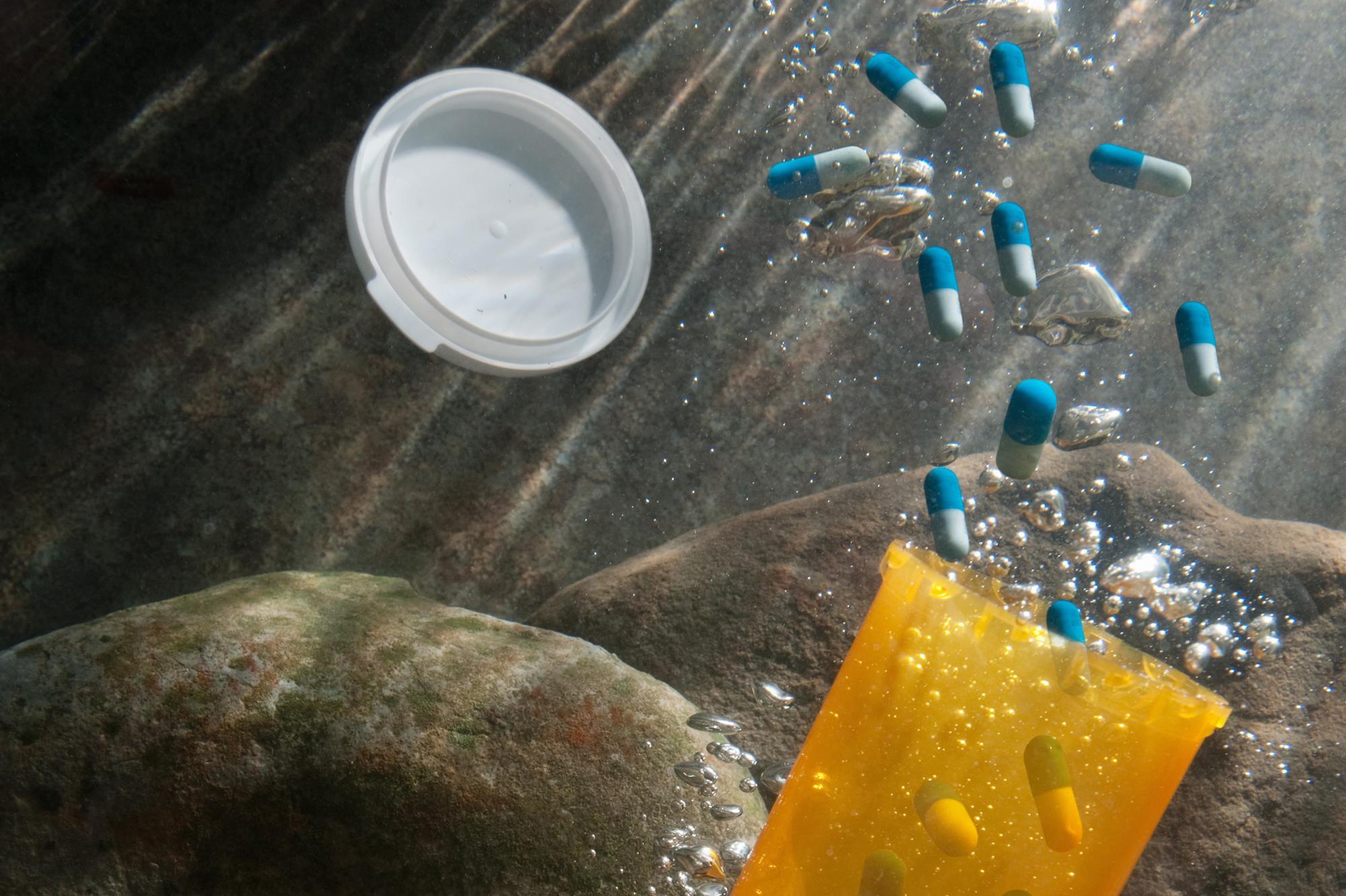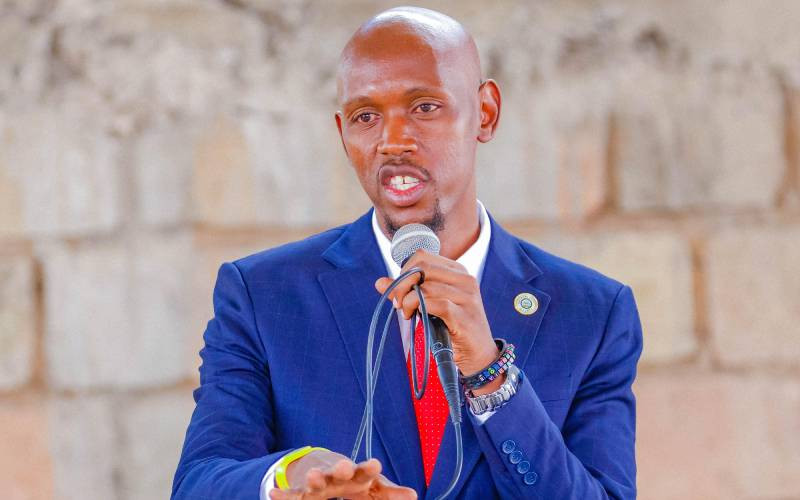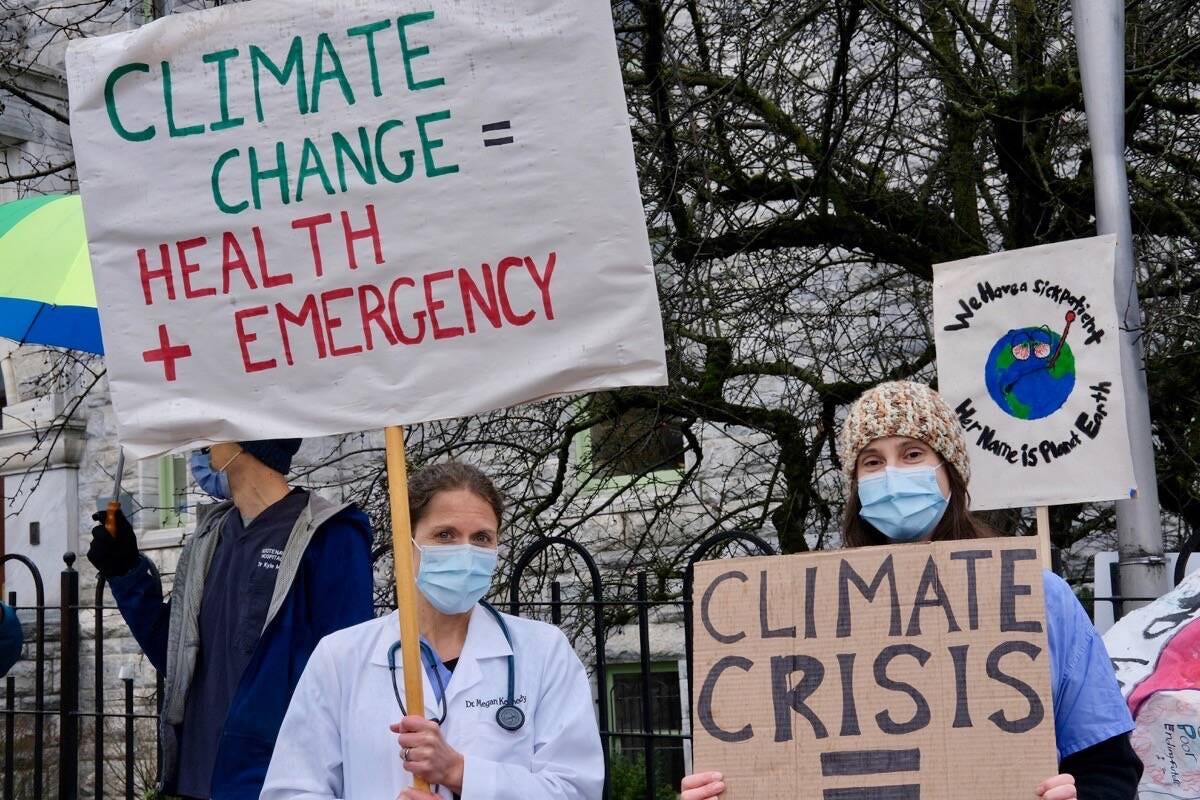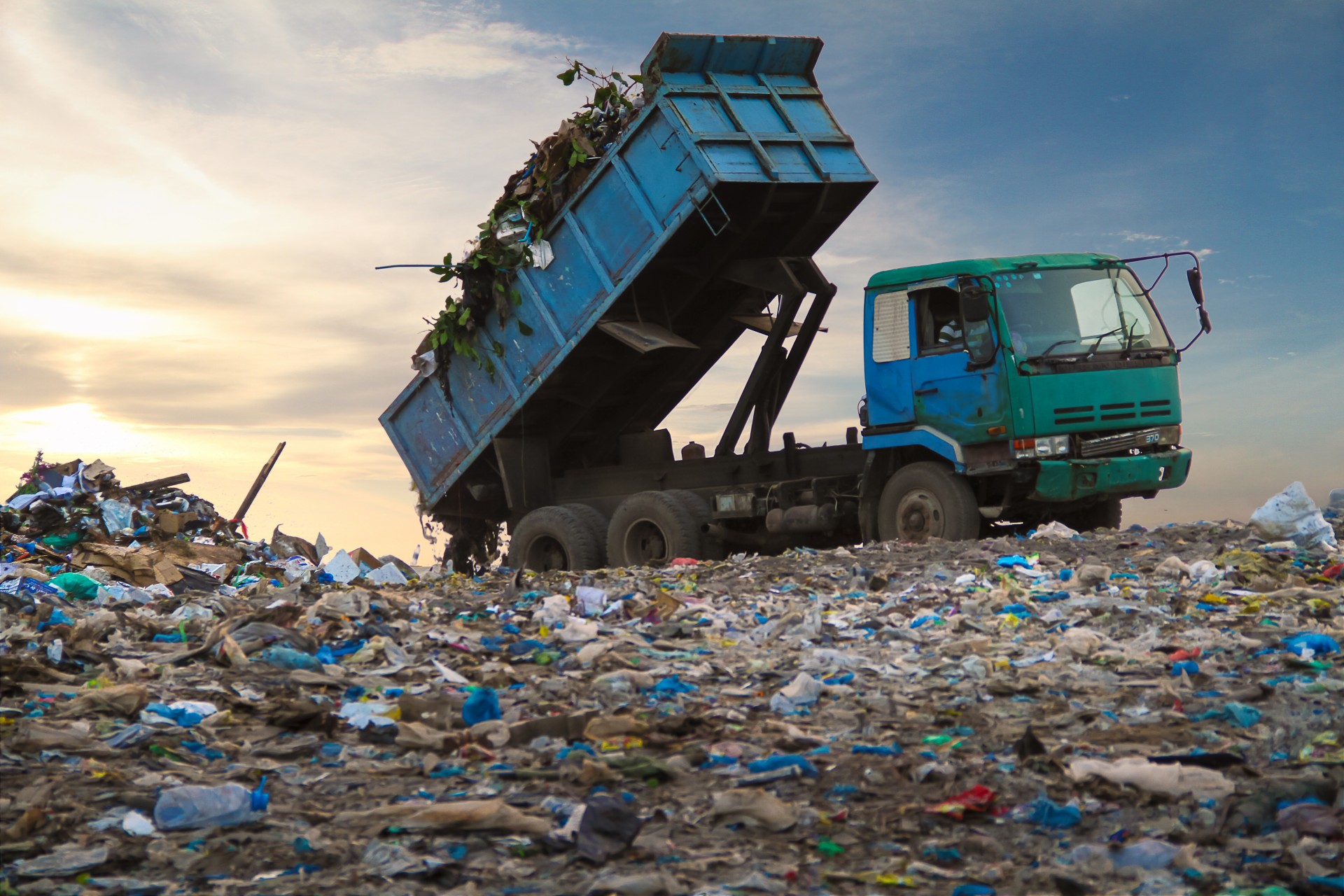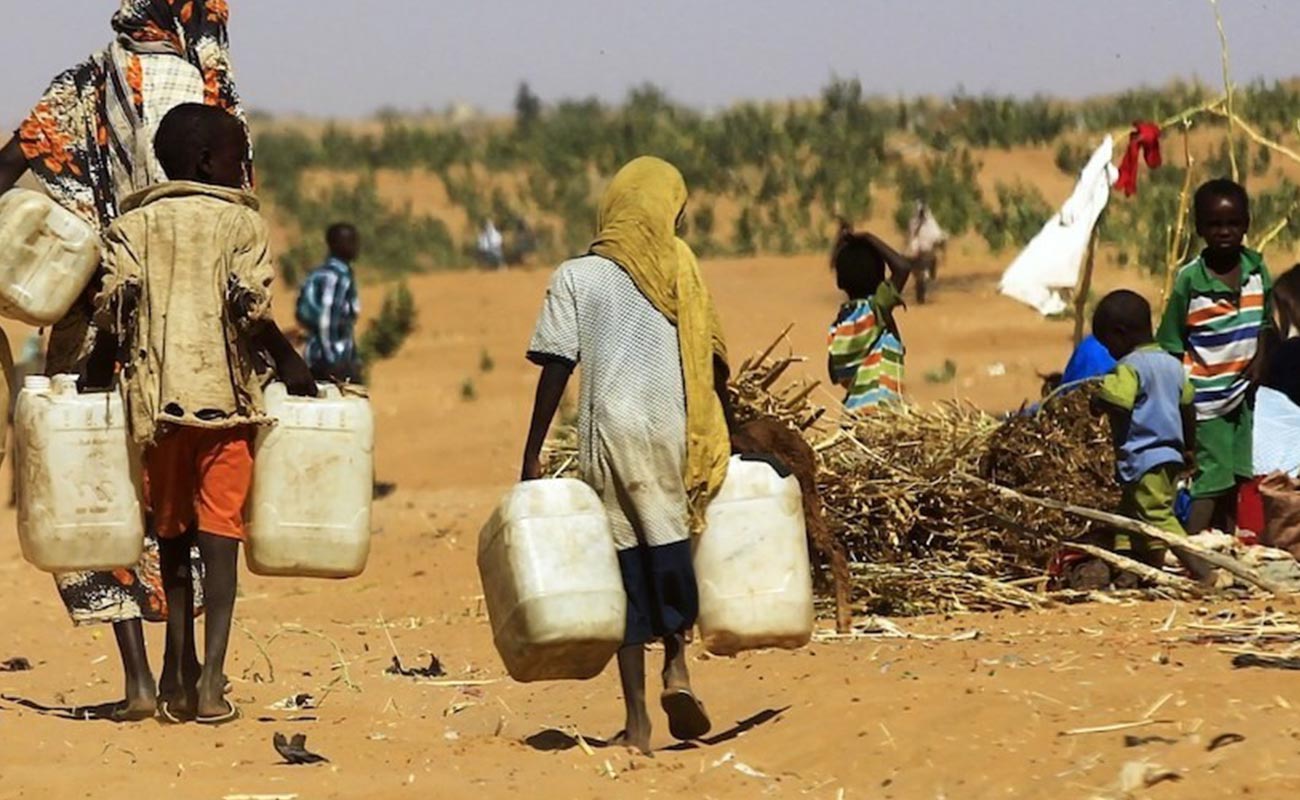- In line with ongoing conservation efforts, KWS and its partners have developed the National Elephant Action Plan (2023-2032). This comprehensive plan aims to secure sustainable elephant populations, mitigate human-elephant conflicts, restore degraded habitats, and maximize the economic benefits that elephants bring to local communities.
The Kenya Wildlife Service (KWS) has initiated a significant elephant translocation operation, moving approximately 50 elephants from Mwea National Reserve to Aberdare National Park. This strategic effort highlights KWS's commitment to enhancing human-wildlife coexistence and addressing environmental degradation within the Mwea ecosystem.
In line with ongoing conservation efforts, KWS and its partners have developed the National Elephant Action Plan (2023-2032). This comprehensive plan aims to secure sustainable elephant populations, mitigate human-elephant conflicts, restore degraded habitats, and maximize the economic benefits that elephants bring to local communities.
“This translocation aligns with the newly launched KWS Strategic Plan (2024-2028), which emphasizes modern conservation techniques, community engagement, and the integration of technology,” stated the Kenya Wildlife Service.
The plan envisions thriving wildlife populations, protected habitats, and harmonious coexistence between humans and wildlife, guided by core values such as professionalism, accountability, integrity, and inclusivity.
The translocation is expected to alleviate pressure on the Mwea ecosystem while strengthening the elephant population in Aberdare National Park, promoting ecological balance. By minimizing competition for resources, this initiative will foster healthier ecosystems in both reserves.
Read More
Additionally, reducing human-wildlife conflict will enhance the socio-economic well-being of communities living near Mwea, laying the groundwork for peaceful coexistence. In Aberdare, the anticipated rise in elephant numbers is set to boost ecotourism, driving economic benefits and supporting sustainable development.
The Cabinet Secretary for Tourism and Wildlife, Hon. Rebecca Miano, has stressed the urgency of this initiative. She notes that Kenya's growing human population is encroaching on the remaining elephant rangelands, exacerbating conflicts. CS Miano emphasizes that the translocation will provide long-term benefits by strengthening vulnerable elephant populations, enhancing genetic diversity, and safeguarding critical ecosystems for elephants and other species.
“The earmarked 17-day translocation exercise intends to reduce pressure on the Mwea ecosystem while bolstering the population in Aberdare National Park to strike ecological balance. This will minimize competition for resources, fostering healthier ecosystems across our reserves as we strive to manage human-wildlife conflict and promote coexistence. We're determined to boost ecotourism as a key economic driver that supports sustainable development,” she said.
She further highlighted the importance of regional and international cooperation in elephant conservation, urging partners to support KWS in its mission to effectively manage and grow Kenya’s elephant population.

